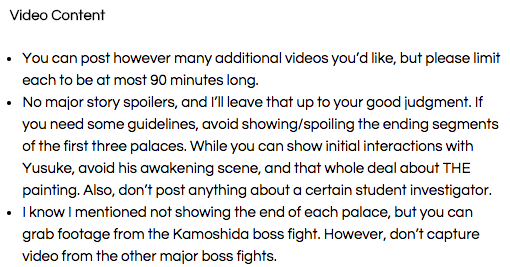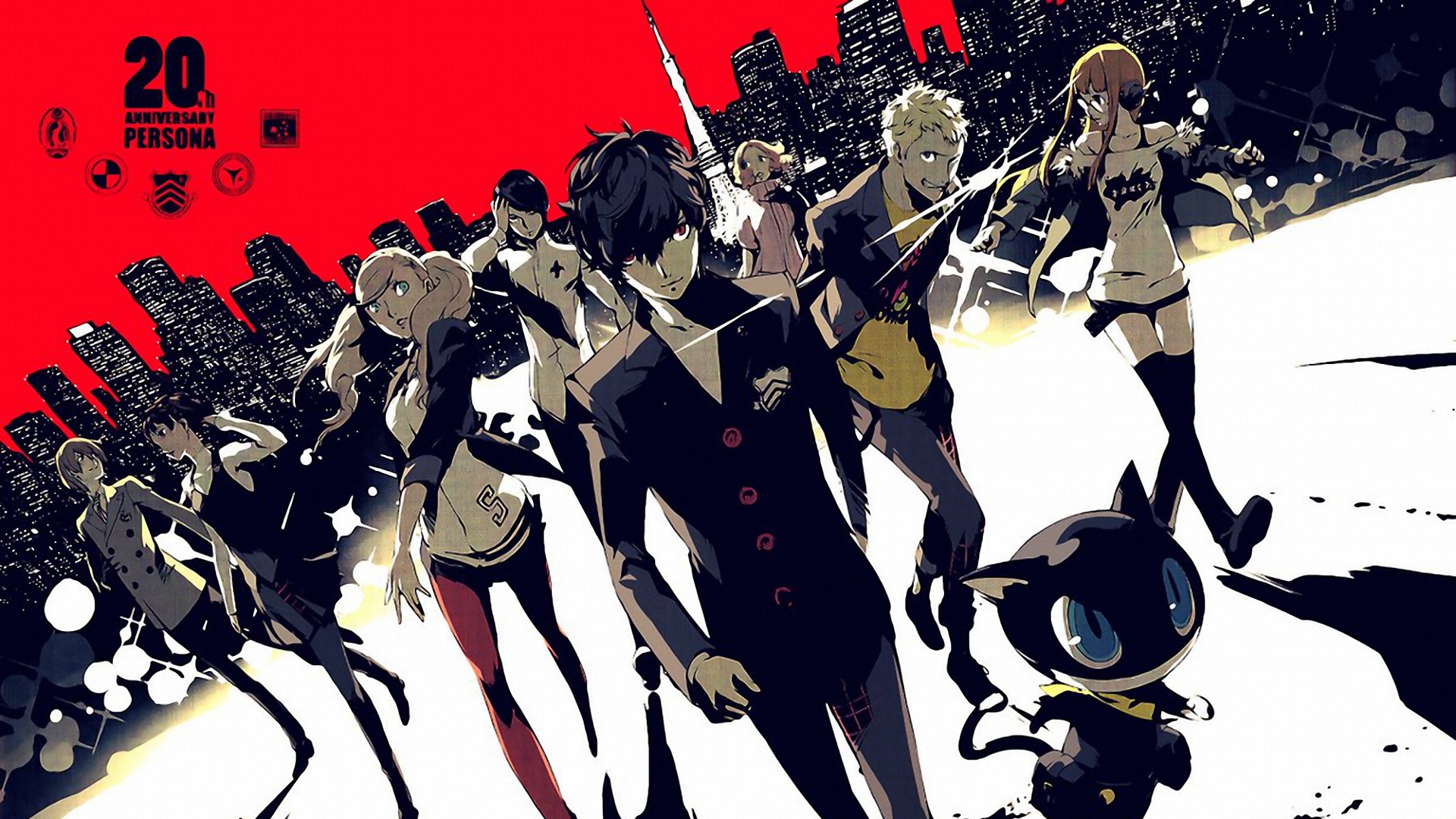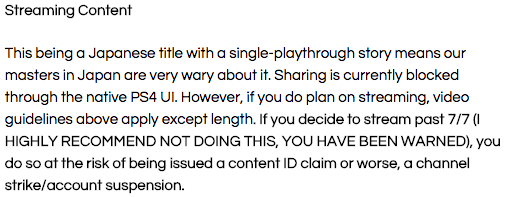Another day, another huge publisher sticking an errant pinky toe into the shark infested waters that is the internet.
Specifically, the latest barnacle that’s attached itself to the gargantuan whale that is the internet has been a bit of controversy surrounding online streaming. Since it’s unprecedented ascent in popularity this generation, it has become a increasingly bitter pill to swallow for certain developers, and publishers alike who would rather view it as a hornet’s nest than something to be embraced. Where companies and mainstream publications alike used to have complete control over the messaging, tone, and promotion of upcoming titles from preview all the way down to the review stage, now, that flow of information from outside sources is very difficult to control. The rise of “Let’s Plays” as a relevant form of gaming media changed everything, as ordinary streaming gamers and independent MCNs became the new trendsetters, the new tastemakers for a culture that was slowly accruing more and more distrust from more “official” sources.
It isn’t that I don’t understand the concern of these companies. What I don’t understand is their often hyperbolic overreaction to the impact these services have on their core business. The growing pains of accepting this new form of media have been largely hit or miss to say the least, but I think we can agree on one thing: It has been proven to be lucrative for all parties involved, IF its used the right way. We’re living in a world where PewDiePie can revive Skate 3’s sales with a series of YouTube videos, or where Iron Galaxy knows they can build anticipation for a new Killer Instinct character release by giving a select number of pro players early access, and openly letting them broadcast the gameplay. As a developer, what could be better than having fans ready and willing to essentially be PR, critic, and bug tester of your game all rolled into one? Some independent developers like The Behemoth, or Devolver Digital openly encourage and want their games to be streamed, seeing these inherent benefits in doing so. From established franchises, to helping a newer, unproven title like Guerilla’s Horizon Zero Dawn reach a far wider audience, a trusted streamer can be worth just as much as the millions of dollars spent running TV, and Internet ads that are more than likely being adblocked or skipped.
This is not a perfect world however, and some of us haven’t evolved to suit the times.
Specifically, I’m calling out companies like Nintendo, or Konami, the ones who choose to see it as a negative, and most infamous for the iron grip they want to maintain. They see nothing but a band of opportunists trying to make money off their product, their hard work. They see the sanctity of their precious software compromised by the fact that someone has potentially cost them a sale by playing it for an audience. They seem to think that watching a game won’t equate to that person wanting to purchase it as well, or worse, that even the people who critique the work don’t deserve compensation for the work they put in. They choose to see nothing more than what Scrooge McDuck sees as a lost gold coin rolls away the ground— as one less ripple to add to their money pool.
Which brings us around to what Atlus just pulled, a move so bafflingly, yet typically corporate, it boggles the mind that this is still a thing. If there’s anything I’ve learned during my time on the internet, the the last thing you want to do is take a loaded gun, aim it at your foot, and place the internet’s finger on the hair trigger.
Atlus’ newest game Persona 5 just released this past week, and with it, a twist that fans of the series intricate web of characters couldn’t have seen coming. On their official website, a hip sounding gentleman (clearly) masking his PR voice thanked fans for their continued support of the franchise, fired off a few tips and nudges to the audience, and carefully lit a match, because if the public address didn’t stink just yet, oh, boy, it would soon.
It all started innocently enough..

But then, it starts getting a bit specific, and worriedly so:

So, if I’m getting this all down right, Atlus wants players to stream the game—well, not really, because the console specific function was disabled–but if you do happen to have the appropriate hardware, you can only show so much, says Atlus. But, only for a specific length, and no story elements, please. Omit certain characters. Certain bosses. Dungeon intro/outros are not okay either. Oh, and if that in-game calendar reaches July 7th? THEY RECOMMEND YOU DON’T. HIGHLY. If you do, you risk Atlus weaponizing YouTube’s anti-infringement tools against you to either cripple, undermine, or completely destroy your channel. Fun!
For those out there unfamiliar with Content ID, it is a draconian algorithm YouTube uses because they as a company feel like they can’t reasonably be expected to hire human employees to address every fair use issue on the site. So, in place of reason or actual human judgement, we instead have a have a loaded gun that companies can use if they happen to not like content based on their IP, even if it falls under Fair Use. Via Content ID, they have the power to issue a claim, and the offending user is forced to comply by either having the video removed forcibly, or demonetized so they can no longer make money off of it.
This is despicable, in my opinion. It’s a flawed understanding of not only how content creators earn their keep, but also in how this newly emerging business can be leveraged to their advantage as far as promotion. It’s an insulting exercise in micromanaging an audience, declaring that not only are we as end users incapable of avoiding content we personally don’t want to see, but that we apparently need to be shielded from even the choice of consuming the media ourselves. We simply aren’t allowed to because Atlus says no, and if we even step a toe out of line, for some of us, there goes our livelihood.
In all likelihood, the game would have come out, been streamed regardless, and the audience would still have had a choice whether to watch or not.
Atlus should take cues from their peers in the industry, and tread lightly when it comes to this kind of thing, and it has been something I’ve never seen end well. Because of this seemingly innocent request wrapped in a bundle of condescending user restrictions, players are actually sharing Persona 5 now more than they would have initially. Even as I type this, more videos are being made daily, and even MORE of them are trying to capitalize on the controversy this generated by openly posting spoilers wherever they can. Worse still, this didn’t even HAVE to happen. In all likelihood, the game would have come out, been streamed regardless, and the audience would still have had a choice whether to watch or not. By telling the internet what to do, by telling paying customers what they CANNOT do with their legally purchased hardware, they inspired their audience to do everything they COULD in order to keep from bending the knee for their sake. They became the villain of a story they didn’t need to write, and overshadowed their game’s release with nothing but bad press about how it should be covered.
A word to the wise for next time: Learn from Beyonce’s publicist.






